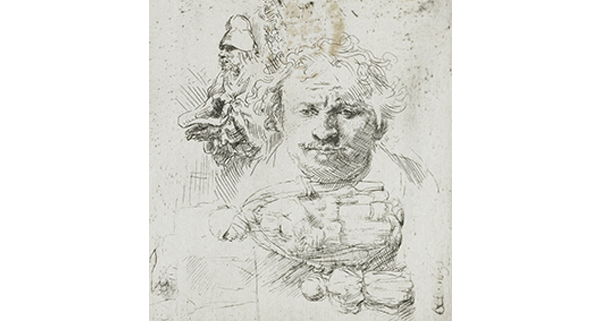
ERICH NEUMANN’S DEVELOPMENTAL RELATIONAL THEORY — A SYNTHESIS
SATURDAY, APRIL 1, 2023
10AM – 5PM
10AM – 5PM
FACULTY: LIDAR SHANY, PhD
6 Possible Continuing Education Credits Approved for MD, PhD, PsyD, MFT, LCSW,
LPCC, LEP & RN
6 Possible Continuing Education Credits Approved for MD, PhD, PsyD, MFT, LCSW,
LPCC, LEP & RN
TUITION: $150 (INCLUDES CEUS)
By unifying and synthesizing Neumann’s writings, his archetypal
developmental relational theory emerges, differing the masculine and
the feminine, and further, male and female.
This course presents Neumann’s theory of psychological development
throughout life, as it differs for men and women, emphasizing
the establishment of the “Ego-Self Axis,” during early life and primal
relationship. By synthesizing Neumann’s writing, a consolidated
Jungian archetypal developmental and relational theory emerges,
that is faithful to C. G. Jung’s original writing while elaborating on
them to describe the stages and phases of consciousness development.
throughout life, as it differs for men and women, emphasizing
the establishment of the “Ego-Self Axis,” during early life and primal
relationship. By synthesizing Neumann’s writing, a consolidated
Jungian archetypal developmental and relational theory emerges,
that is faithful to C. G. Jung’s original writing while elaborating on
them to describe the stages and phases of consciousness development.
We will also explore the theoretical background of Jungian child
analysis. While relational theories describe the individual child
and his relationship with his primary caregiver, Neumann’s theory
describes the nature of the archetypal mother/child relationship,
which enables healthy psychological development of psychic structure.
This nature manifests the foundation for which individual deviation
occurs, and thus crucial for the child analyst to hold in mind when
making a diagnosis. In addition, as psychological development is
determined archetypally, the conjunction point between the
personal and the archetypal is the decisive element in diagnosis.
analysis. While relational theories describe the individual child
and his relationship with his primary caregiver, Neumann’s theory
describes the nature of the archetypal mother/child relationship,
which enables healthy psychological development of psychic structure.
This nature manifests the foundation for which individual deviation
occurs, and thus crucial for the child analyst to hold in mind when
making a diagnosis. In addition, as psychological development is
determined archetypally, the conjunction point between the
personal and the archetypal is the decisive element in diagnosis.
Neumann’s writings will be presented as a cohesive theory of the
different archetypal stages of psychological development, for both
genders, from infancy through childhood to adulthood, culminating
in the individuation process. The course will also describe the
meaning and importance of matriarchal consciousness, which is
central in Neumann’s theory.
different archetypal stages of psychological development, for both
genders, from infancy through childhood to adulthood, culminating
in the individuation process. The course will also describe the
meaning and importance of matriarchal consciousness, which is
central in Neumann’s theory.
LIDAR SHANY, gained her MA/PhD in Jungian Psychology and
Archetypal Studies at Pacifica Graduate Institute and is a Jungian analyst
from the C. G. Jung Institute, Zürich. Her dissertation titled Erich
Neumann: A Jungian Developmental Relational and
Metapsychological Theoretician captures her expertise.
Dr. Shany is also a Jungian psychotherapist from Bar Ilan University, Israel.
Archetypal Studies at Pacifica Graduate Institute and is a Jungian analyst
from the C. G. Jung Institute, Zürich. Her dissertation titled Erich
Neumann: A Jungian Developmental Relational and
Metapsychological Theoretician captures her expertise.
Dr. Shany is also a Jungian psychotherapist from Bar Ilan University, Israel.

